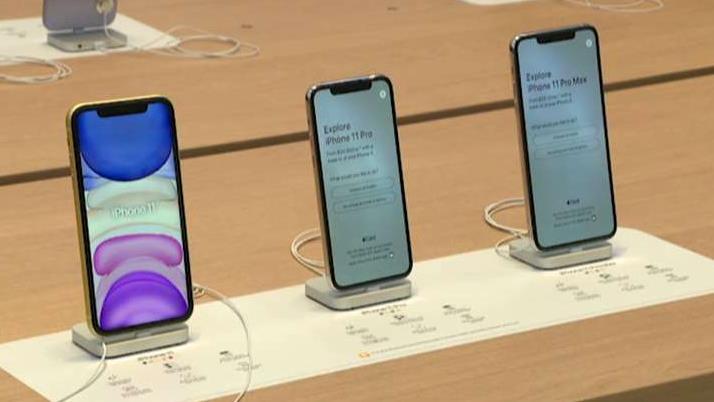This is the No. 1 robocall scam and the states where people get hassled most
If you get constant robocalls trying to sell bogus products or warranties, you’re part of a growing number of Americans getting spammed. A new report from call-blocking app RoboKiller shows a whopping 5.5 billion telemarketing calls were made just in October.
The No. 1 scam: fake debt collectors, which made up for 47 percent of calls last month. That’s followed by phony health-care calls at 22 percent, general inquires at 12 percent, credit-card officer calls at 10 percent, and banks and loan officers at 7 percent each.
California, New York, and Texas were the most heavily impacted areas, according to the RoboCall Data Tracker, which used audio fingerprinting to find similarities in the calls.
CLICK HERE TO GET FOX BUSINESS ON THE GO
August and September had seen a slight dip in calls per month but the spike in October “demonstrates that the bad actors were able to morph their techniques to bypass the new safeguards put in place,” per the report. Most of the scammers work from well-established networks overseas and use high-tech voice systems to “’spoof’ local area codes.”
“While we had been seeing a decline in robocalls month over month, we saw a nearly 12 percent spike throughout the U.S., which is very troubling,” Ethan Garr, RoboKiller Senior Vice President of Growth, said in a statement. “Robocalls continue to annoy consumers at alarming rates. Our goal is to protect them from scams that could cost them or their loved one's money. In October, our Answer Bots wasted 9, 772,918 hours of spammers’ time.”
FORD TO KILL FORD FLEX SPORTS-UTILITY CAR, LAY OFF 450 WORKERS
Unwanted calls are the top complaint to the Federal Communications Commission. More than 200,000 grievances are filed each year, accounting for 60 percent of all FCC complaints. Advances in technology make it easy to make massive numbers of robocalls, the FCC noted, but said it, along with app makers, are making attempts to stop them.
CLICK HERE TO READ MORE ON FOX BUSINESS
The agency, on its website, pointed to tighter caller-I.D. authentications and stiff fines against spoofers. So far, it has enforced $240 million in fines against telemarketers.
This story has been corrected to reflect the accurate number of robocalls. It's 5.5 billion, not 5.5 million as originally reported.





















